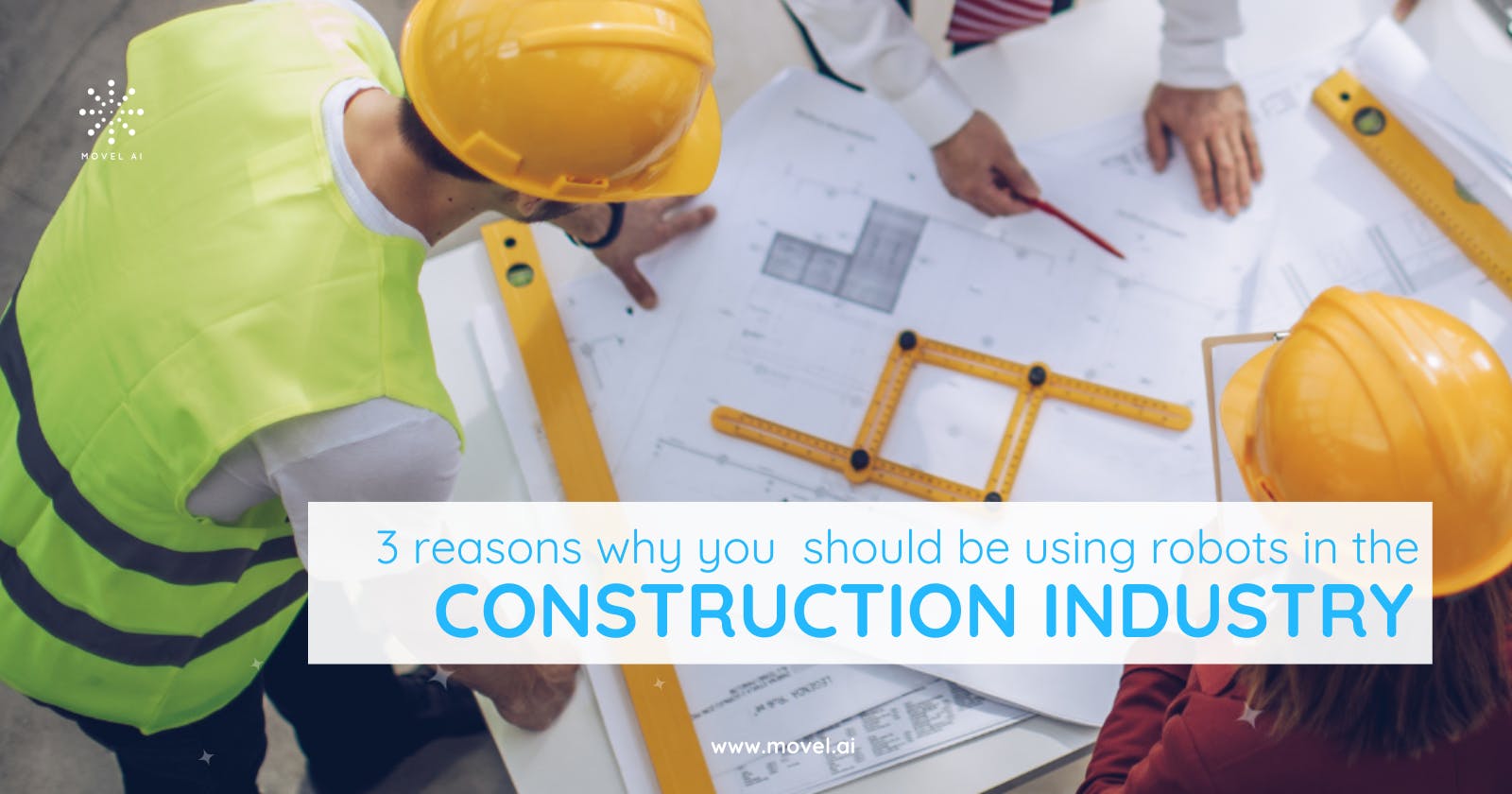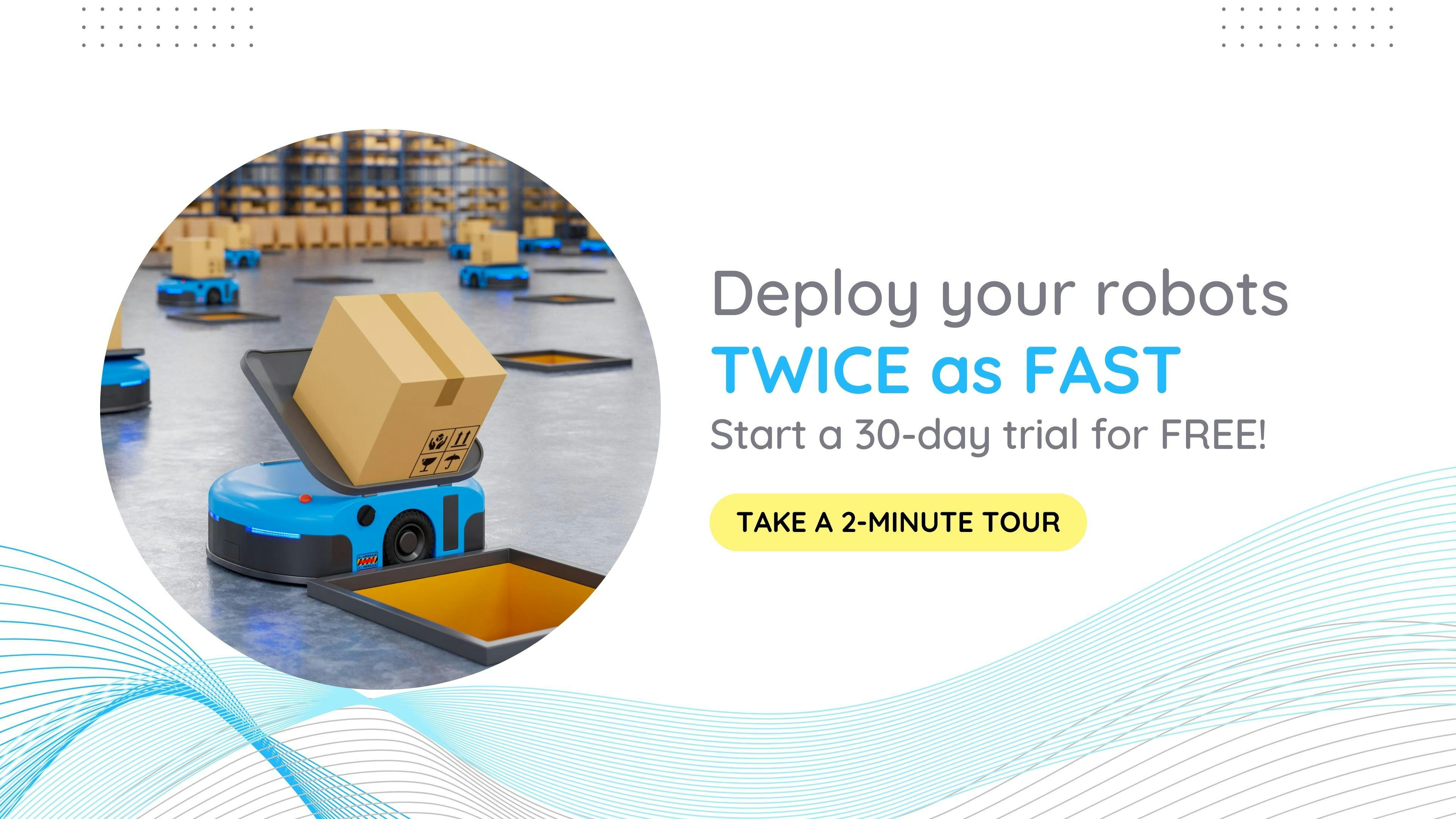Robots adoption in the construction industry is arguably still far behind compared to other industries. Many businesses continue to rely solely on collaboration between heavy equipment and manpower. That doesn't mean it's wrong; both are still required and cannot be separated from the construction industry. However, in reality, the use of robots in the construction industry may benefit the contractors, the workers, and its clients. Let’s take a deeper look at why companies need to start adopting robots in the construction industry.
Safer work environments
Some construction works require workers to perform hazardous tasks or handle heavy loads. This is often the main reason why the use of robots in the construction industry. Construction robots help minimise the risk of accidents during construction. Establishing safer construction processes is also important to reduce unexpected costs caused by accidents. It’s a win-win after all!
Some of the robot adoptions to be found include lifting robots and self-driving construction vehicles; track loaders, dozers or autonomous excavators.
Increasing work speed
Apart from hazardous tasks, robots can also be assigned to repetitive tasks. Although demanding accuracy, usually repetitive tasks tend to be tedious. Therefore, construction workers can focus more on the skilled or complex part of the construction process. Collaboration between robots and construction workers can ultimately lead to greater efficiency and speedier work results.
Labour shortage
Believe it or not, one of the reasons why robots are needed in the construction industry is the shortage of skilled construction workers. In the United States, ageing skilled workers create jobs lost ongoing (the median age of a construction worker is 41). Labour shortages also occur in other countries, such as Singapore, where construction workers rely on imports. Many of its neighbouring Asian countries that often provide manpower have yet to manage the COVID-19 outbreak, causing the Lion City to deal with this issue. As elsewhere around the world, quoted from Reuters, Spain is also short of at least half a million building workers, according to unions and companies.
In general, these factors highlight why robot adoption, particularly in the construction industry, will be becoming increasingly important. Simply put, adopting robots is not merely beneficial, but also very much needed in the coming years.
Movel AI provides robot navigation solutions for construction industry
As a deep tech, robotic startup, Movel AI comes in and provides a way out to answer the needs of robots in the construction industry through its robotic navigation solutions.
With its versatile solution, the adoption of robots in the construction industry is no longer a problem. One of Movel AI’s previously completed collaborations was with the Building and Construction Authority of Singapore. BCA is an agency under the Singaporean Ministry of National Development, championing the development of a future-ready built environment for Singapore. BCA ensures that buildings in Singapore are designed, constructed and maintained to high standards of safety through its building regulatory system.
Movel AI's collaboration with BCA was realised through the deployment of a wall inspection robot, used to scan for structural defects in newly constructed buildings, and ensure that they have met the quality assurance standards. While the robot inspects, on-site construction workers can continue to focus on more complex tasks, so work can be completed efficiently.
Robot deployment in every industry has its own challenges. In the construction industry, for instance, newly constructed projects may have lighting issues, as their wiring works are not complete yet - thus resulting in low/no environments and interrupting works. Movel AI flagship product, Seirios, provides a way out for this. Using sensor fusion technology, robots powered by Seirios use alternative sensors (such as LiDAR), allowing it to detect and recognise objects or new surroundings accurately.
Click here for a FREE 30-day no-obligation trial to see how your robot deployment can be easier!

